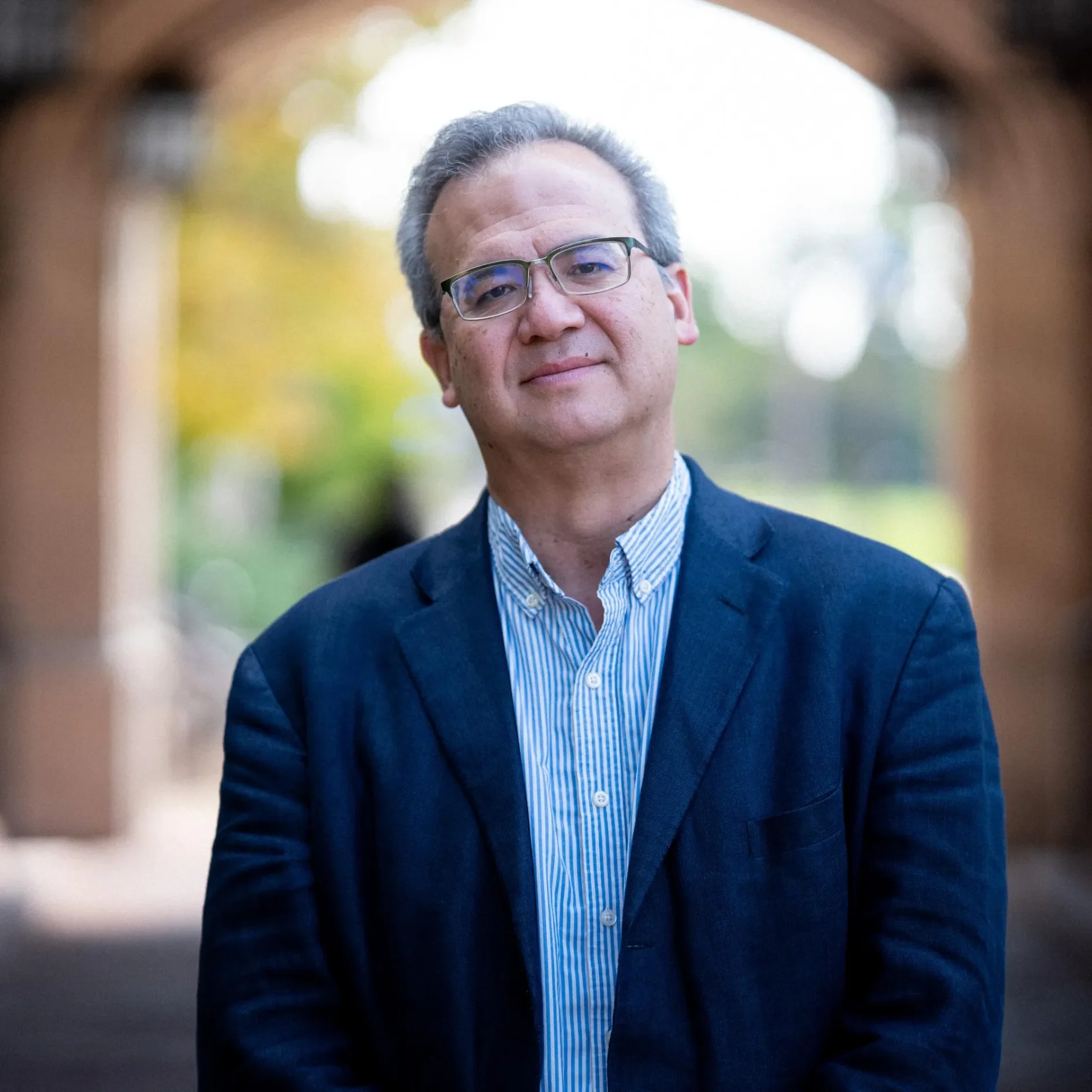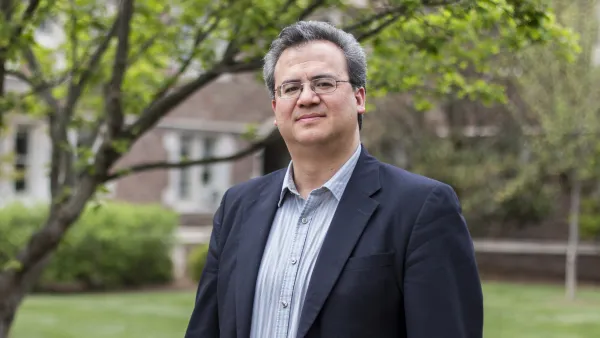Professor Strait is a paleoanthropologist who studies the fossil record of human evolution. Humans diverged from non-human apes about seven million years ago in Africa, and his research is directed towards trying to understand several key aspects of our evolutionary history.
First, Strait is interested in understanding how and why the various species of early humans (known as hominins) diversified. A large part of this entails understanding the pattern by which these species are related to each other in an evolutionary sense. This is known as reconstructing phylogeny. In other words, he asks the question, “Are these species closely related to each other, or distantly related to each other?” Answering this question involves careful analysis of the anatomical similarities and differences among fossil hominins in order to infer which of those traits are likely to have been inherited from a common ancestor, and which are likely to have evolved independently in distantly related species. The method by which he does this is called cladistic analysis.
Second, he is interested in the evolution of diet and feeding in fossil hominins. Diet is an enormously important biological variable that has shaped the evolutionary history of many organisms, and humans are no exception. Hominins exhibit a trend whereby early in their evolution many species and certain lineages evolved adaptations for feeding on foods that were mechanically challenging to eat. Many of these hominins evolved massive jaws, faces, teeth and chewing muscles that allowed them to process foods that they otherwise would not have been able to access. The ability to consume these foods may have been critical to their survival because these hominins lived through a period of major climatic change and instability. In order to better understand this trend, he works with a large team of collaborators from many universities that uses engineering, experimental, comparative and ecological methods to test hypotheses about feeding biomechanics in fossil hominins and non-human primates.
Third, he is interested in paleoanthropological fieldwork. In order to better understand human evolution, it is vital to discover new fossils in order to understand their variation, diversity, evolutionary relationships and ecological context. Towards that end Strait has led and/or participated in excavations in Africa, the Near East and Europe. Currently, he is working at two paeoanthropological sites. One is a late Pleistocene cave site, Arma Veirana, in northern Italy that preserves archaeological and fossil evidence relevant to understanding the origin of modern humans. The second is an early Pleistocene cave in South Africa, Drimolen, that preserves evidence of robust australopiths and early members of the genus Homo. Strait and Washington University in St. Louis runs a summer field school at Drimolen. For more information: http://sa.wustl.edu/index.cfm?FuseAction=Programs.ViewProgram&Program_ID=10455

